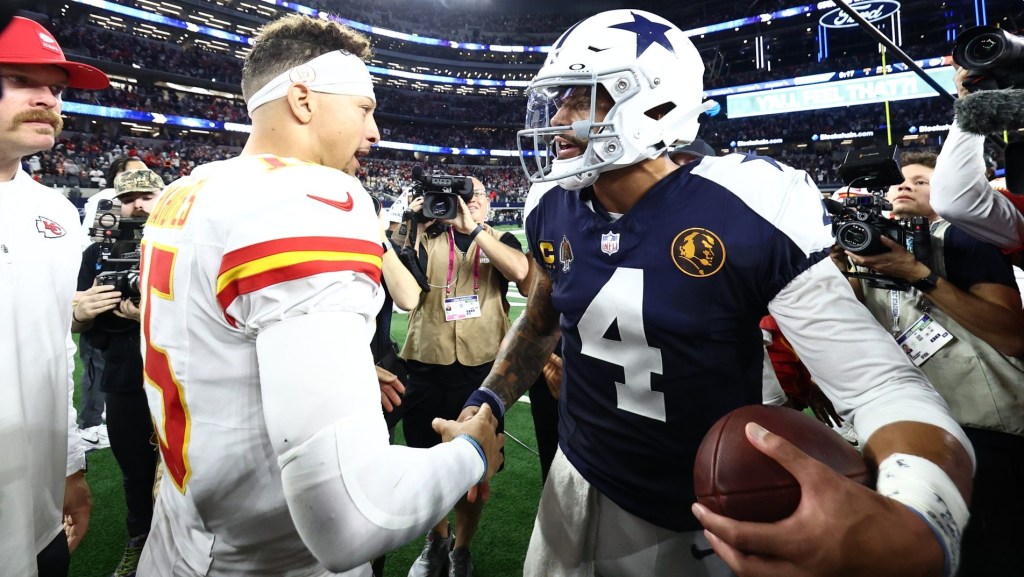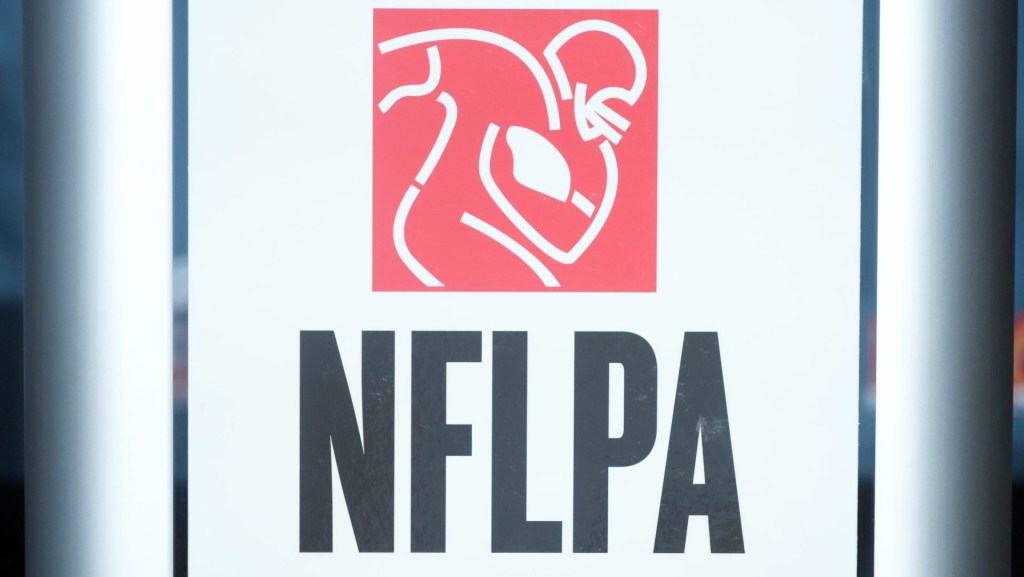Amid a historic week in college athletics that could mark the start of a new revenue-sharing model, the nation’s first known lawsuit by a college athlete suing a booster and coaches over unfulfilled name, image, and likeness collective promises has been filed.
Jaden Rashada, a University of Georgia quarterback who was once committed to Florida, is suing Gators head coach Billy Napier, former director of player engagement and NIL Marcus Castro-Walker, booster Hugh Hathcock, and the donor’s former auto dealership. The suit, filed in the U.S. District Court in the Northern District of Florida, claims that all three men made promises of $13.85 million in NIL deals that convinced Rashada to sign with the team in December 2022 but were never delivered.
Rashada originally committed to the University of Miami with promises of $9.5 million in NIL deals, according to the filing. UF came roaring back, promising $5.35 million from Hathcock (including a $500,000 signing bonus from his auto dealership) and the rest from the booster’s NIL collective called Gator Guard.
Then Hathcock “balked,” the lawsuit says, so another group, the Gator Collective, stepped in with promises to make the payments. That secured the recruit’s commitment on social media, but a few weeks later, the day after the due date for the signing bonus, the Gator Collective backed out by sending Rashada a letter to end their agreement, he claims. Responsibility shifted back to Hathcock, who did wire Rashada $150,000 to pay back the Miami booster he owed for flipping but still hadn’t sent the $500,000 in time for signing day, per the suit.
The filing says one of Rashada’s NIL agents told him not to sign yet, but a phone call from Napier to his father promising an immediate $1 million from Hathcock convinced him to put pen to paper.
Over the next few weeks, according to the lawsuit, Rashada fielded “a series of new promises of NIL agreements that consistently remained unfulfilled.” The filing only says that the amount of money being discussed “decreased drastically,” but ESPN reports the figure was less than half the original offer. Rashada decided to decommit from Florida. He chose Arizona State, his father’s alma mater, and this offseason transferred to Georgia.
“Sadly, unethical and illegal tactics like this are more and more commonplace in the Wild West that is today’s college football landscape. As the first scholar-athlete to take a stand against such egregious behavior by adults who should know better, Jaden seeks to hold Defendants accountable for their actions and to expose the unchecked abuse of power that they shamelessly wielded,” the lawsuit reads.
The NCAA opened an investigation into Rashada’s recruiting process at Florida last year, because, at the time, NCAA rules restricted explicit discussions of NIL money in recruiting. As of a February preliminary injunction granted in Tennessee, the NCAA can’t enforce any of its NIL rules.
Rashada’s suit emphasizes the precarious compensation model that currently exists in college athletics. This week’s House v. NCAA case ending at the same time could unlock a new structure for paying athletes that doesn’t involve what Rashada’s attorney calls “overzealous alumni” playing a “classic con game on a 19-year-old.”





![[Subscription Customers Only] Jun 15, 2025; Seattle, Washington, USA; Botafogo owner John Textor inside the stadium before the match during a group stage match of the 2025 FIFA Club World Cup at Lumen Field.](https://frontofficesports.com/wp-content/uploads/2026/02/USATSI_26465842_168416386_lowres-scaled.jpg?quality=100&w=1024)
![[Subscription Customers Only] Jul 13, 2025; East Rutherford, New Jersey, USA; Chelsea FC midfielder Cole Palmer (10) celebrates winning the final of the 2025 FIFA Club World Cup at MetLife Stadium](https://frontofficesports.com/wp-content/uploads/2026/02/USATSI_26636703-scaled-e1770932227605.jpg?quality=100&w=1024)










